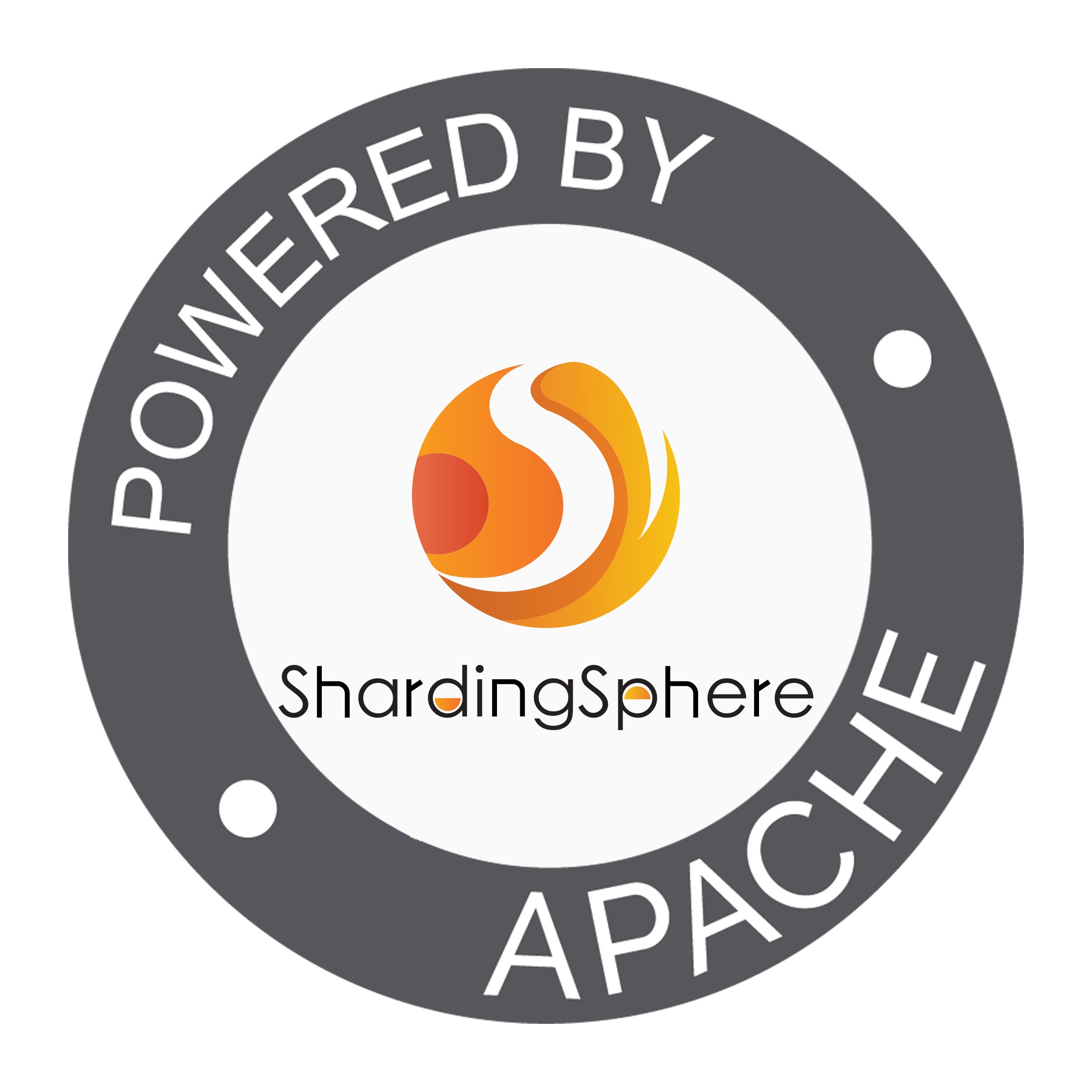507 reads
Introducing Apache ShardingSphere 5.2.0!
by
September 13th, 2022
Audio Presented by

Open source ecosystem for distributed database, transaction, governance & more.
About Author
Open source ecosystem for distributed database, transaction, governance & more.
